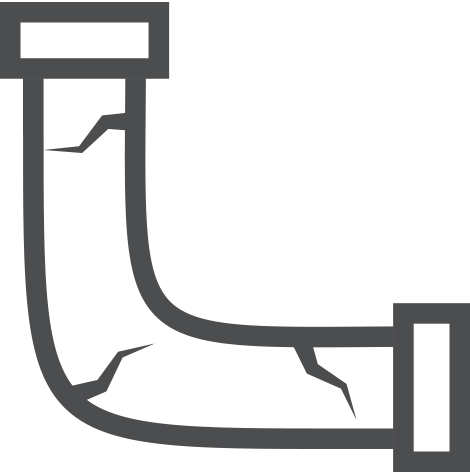Instrumentation
Learn about the fundamental concepts behind electrochemical instrumentation.
More...
General Electrochemistry
Our goal is to provide short and easy-to-read content on general electrochemical theory. The following topics are no substitute for a course or text in electrochemistry.
More...
Hydrodynamic Electrochemistry
Hydrodynamic methods mechanically rotate the working electrode to achieve mass transport by convection. Common applications include Rotating Disk (RDE) and Rotating Ring-Disk (RRDE).
- Comparing Two Competing Pathways by RRDE
- Generator/Collector Type RRDE Experiments
- Theoretical Determination of Collection Efficiency (N)
- Koutecky-Levich Analysis (RDE)
- Levich Study (RDE)
PRODUCT LINK
Throughout the Theory Knowledgebase, we use this icon and text display to make notable connections between theory and our products. Our goal is to connect theory with practical application, including the products required.
PAGE REFERENCE
Throughout the Theory Knowledgebase, we use this icon and text display to make notable connections between theory and other content, such as application notes, AfterMath references, and technical/support content.
AFTERMATH CONNECTION
Throughout the Theory Knowledgebase, we use this icon and text display to make notable connections between theory and AfterMath Software directly, where practical application of this theory pairs with instrument software.
EIS Theory
Electrochemical Impedance Spectroscopy (EIS) is a technique that involves the application and analysis of potential or current sine waves to interrogate chemical processes occurring at an electrode.
- Electrochemcal Impedance Spectroscopy (EIS) Basics
- EIS Basic Background Theory
- EIS Mathematical Theory
- EIS Data Plotting
- EIS Data Accuracy and Validity
Electrochemical Corrosion
Electrochemical Methods are used to study and understand corrosion processes and to interrogate methods of corrosion inhibition, often by Rotating Cylinder (RCE) Electrochemistry.
More...
Electrochemical Methods
While the content in this section will not replace what you find in the classic electrochemical texts; our goal is to deliver to you an easy to follow yet sufficiently advanced overview of electrochemical theory that complements what you find in AfterMath.
Step Methods
- Cyclic Step Chronoamperometry (CSCA)
- Staircase Voltammetry (SCV)
- Double Step Chronoamperometry (DPSCA)
- Cyclic Step Chronopotentiometry (CSCP)
- Chronopotentiometry (CP)
Sweep Methods
More...Pulse Methods
More...Galvanostatic Methods
More...Fundamental Equations
The fundamental equations of electrochemistry are cited in numerous textbooks and web pages, but provided here as well for reference throughout the knowledgebase.
More...






